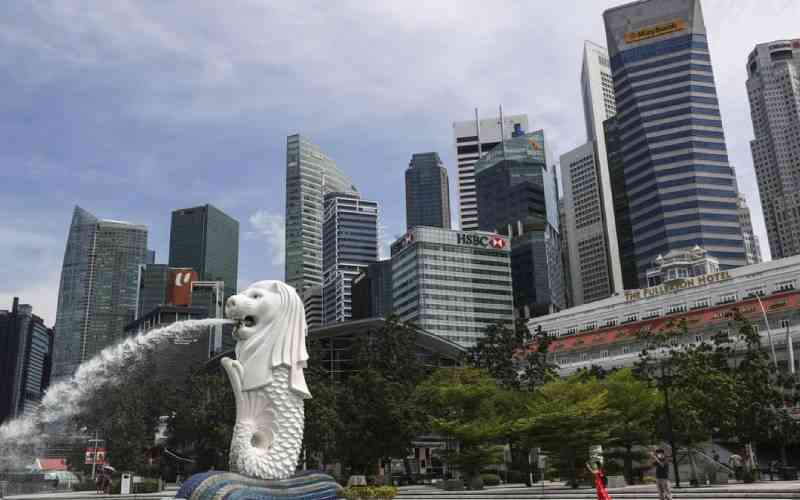×
The Standard e-Paper
Stay Informed, Even Offline

Singapore, a small island country that was once a British colony became prosperous under Lee Kuan Yew after gaining independence in 1965.
Under Lee's guidance, the government was efficient, fought graft and prioritised long-term social and economic planning over populist policies.